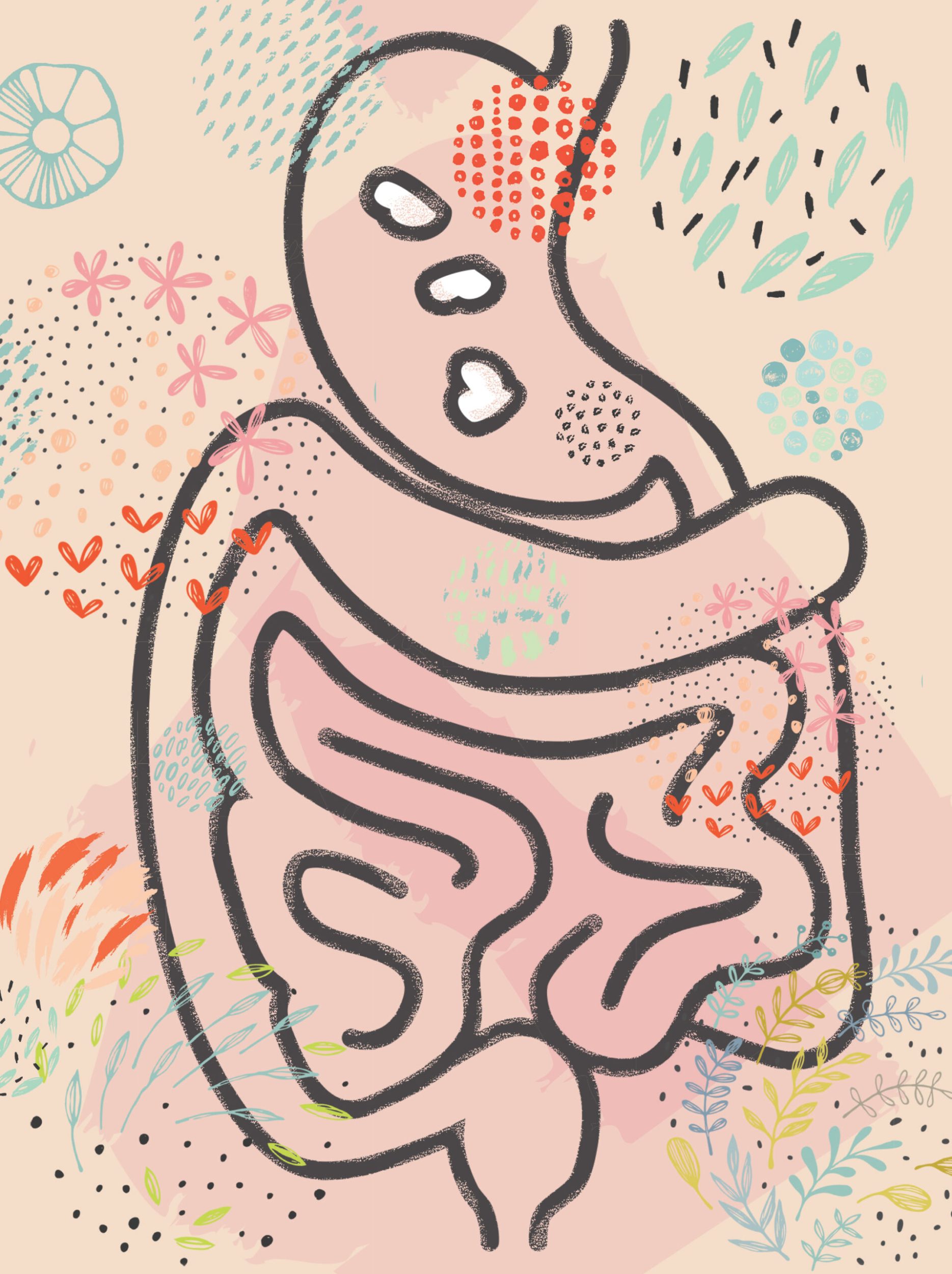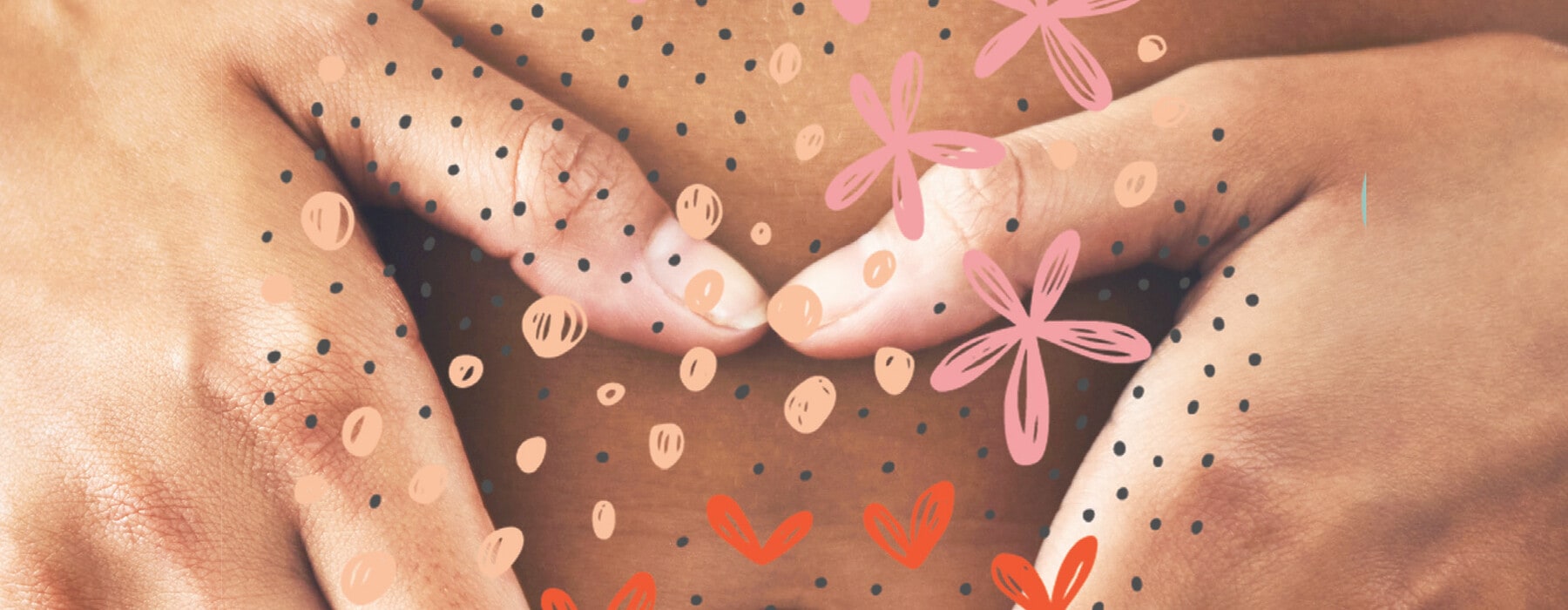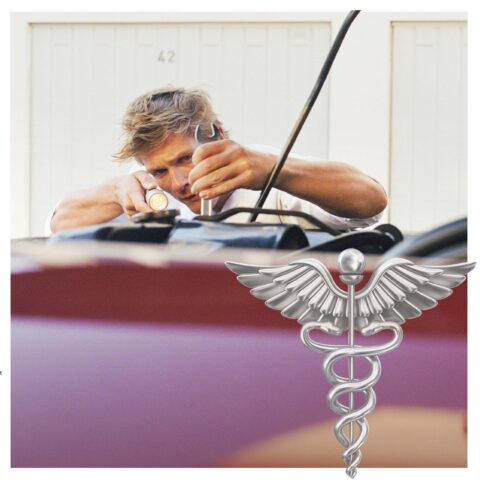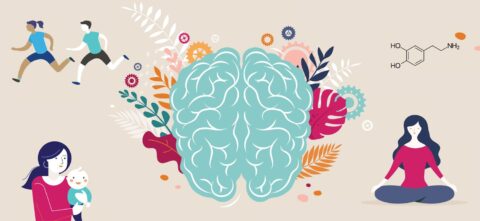Continually bothered by a grumbly tummy, Sarah Catherall investigates whether cultivating good gut bugs can help and finds that, in her case, the answer is yes.
About six years ago, Peter Kearns lay in a hospital bed wondering if he would ever be able to eat a normal diet again. He had been diagnosed with mild acute pancreatitis, triggered by years of fatty food, alcohol and an acidic diet. Antacid tablets were his friend, and he chewed them regularly throughout the day. That health scare made him review his diet and his lifestyle, to search for cures to enable him to live the life and eat the food he wanted to.
“I really thought I’d never be able to eat a lamb chop again,’’ he recalls.
In London, where he lived at the time, Peter searched the internet for ways to improve his gut health. He found that the only way was to have a diet that was as alkaline as possible. The answer? Fermented foods, especially sauerkraut, which is one of the most alkaline foods and is also high in the good bacteria known as probiotics (which, derived from Latin and Greek, means “for life”).
“I couldn’t buy raw sauerkraut and I’m a pretty good chef,” Peter says, “so as soon as I was out of hospital, I make my own.”
That’s what inspired Peter and his partner, Fiona Dykes, to begin making fermented foods under their Living Goodness brand. Now based north of Auckland, Peter lives a normal life and has become a guinea pig for the products he makes in a commercial kitchen.
Living Goodness’s fermented foods are stocked at supermarkets and wholefoods stores throughout New Zealand. Peter also sells them to My Food Bag, and Burger Fuel buys his sauerkraut for its burgers.
His biggest seller is kimchi, a Korean pickle that is similar to sauerkraut, which he says is easy to add to the side of any meal. “The Koreans know the secret, and they eat kimchi at every meal,’’ he says. Each product is fermented for two weeks. They’re so active that when they’re out of the fridge they start to fizz.
Since Peter began making the range, gut health has become big business and probiotics has become a buzz word. As well as being in sauerkraut and kimchi, these friendly bacteria are in fermented foods such as miso and kefir. They compete for space and food against harmful bacteria, and prevent them from settling in the gut. They are commonly eaten in yoghurt in northern Europe, while probiotic-laced beverages such as kombucha are increasingly popular here.
In recent decades, health-supplement companies have begun adding probiotics to powders, liquids and tablets. The most common probiotics are Lactobacillus acidophilus and some species of bifidobacterium. Increasingly, we’re told we need probiotic supplements to heal our digestive systems from antibiotics, lifestyle stress, poor diet and excessive alcohol. But is this true or is it a marketing con?
“You have companies making probiotics to add to foods but they’ll only have one strain of bacteria, whereas there are millions of good bacteria available,” says Peter.
Living Goodness products contain three strains of bacteria: Lactobacillus plantarum, Pediococcus acidilactici and Leuconostoc cremoris. “Because of our laws on food products, we can’t make health claims. But I feel like what we are doing is socially responsible. We are making foods that are good for people. I know they work because if I’m away and I don’t eat them, I get clogged up pretty quickly.’’

Good and bad bugs
There are up to 1000 species of bacteria in the human gut microbiome, and each plays a different role. Most of them are important for your wellbeing, while others may cause disease. They function as an extra organ in your body and play a huge role in your health.
The people adding probiotics to supplements and foods caution that we shouldn’t treat all probiotics the same. Andre Prassinos, whose company makes a probiotic drink, LiveBrew, says they work best in liquid form. Once freeze-dried in a factory, they lose their punch. “The microbes in those probiotics have the potential to help a lot of people but freeze-drying them and putting them on a shelf is not how they work. Commercial expedience has won the day though. There are a lot of ‘faux-biotics’, which say ‘probiotic’ on them, but when you test them you find rather disappointing results. Very quickly people become cynical, and rightly so.’’
His is the only New Zealand company offering a guaranteed number of microbes in a bottle – more than a billion live and active microbes. He says his formula doesn’t improve gut health for everyone, as a small number of people will have no reaction. However, many will notice improvements in their gut biology by the time they finish the first bottle. There’s a physical change: regular bowel motions and improved digestion. Down the track they may notice a reduction in allergy symptoms as well as improved sleep, immunity, skin, mood and overall health.
But will it work?
I’ve had a sensitive stomach for most of my adult life. I’ve struggled with irritable bowel syndrome (IBS) since I was a university student in my early twenties. Over the years I’ve been cynical about treatments, but I’ve swallowed the odd probiotic pill I’ve kept in the fridge.
I’ve never noticed a dot of difference. My stomach continues to rumble and tumble, affected by whatever I put into it. Whenever I’ve had emotional stress, my stomach responds as well, triggered by whatever is going on in the rest of my life. I’m not alone – about seven percent of Kiwis suffer from IBS, according to Southern Cross’s online medical library.
Just before Christmas, I started taking LiveBrew. The brown liquid had white flecks floating through it and it tasted pretty awful – I had to hold my nose, or drown it in orange juice to be able to drink it – but within a week I noticed a difference. It was as though the groans and noises and belching in my gut had finally got the message to be quiet. Rather than having several loose bowel movements a day, I had just one or two.
It will be interesting to see whether the LiveBrew blend has any other effects – will I sleep better, have better immunity (I’m generally pretty well) and more energy? So far I haven’t noticed anything like this, but apparently my improved digestion means my gut will be absorbing more nutrients.
Andre and scientist Don Pearson began making probiotic brews for farm animals a decade ago under the brand BioBrew. With support from Callaghan Innovation, and after winning a number of science awards over the years, their products have delivered good results. For example, their probiotic CalfBrew has led to better milk production in cows and higher survival rates in calves.
In a TED talk, “Microbial Bosses Pulling Your Strings”, Andre explains why we need to add good live bacteria to our diets: Since the industrial revolution, our food has been increasingly processed, which has allowed bad bacteria to colonise our guts, and essentially win the war against good bacteria. “You need a community of good microbes. Your gut biology is unique to you,’’ he says.








